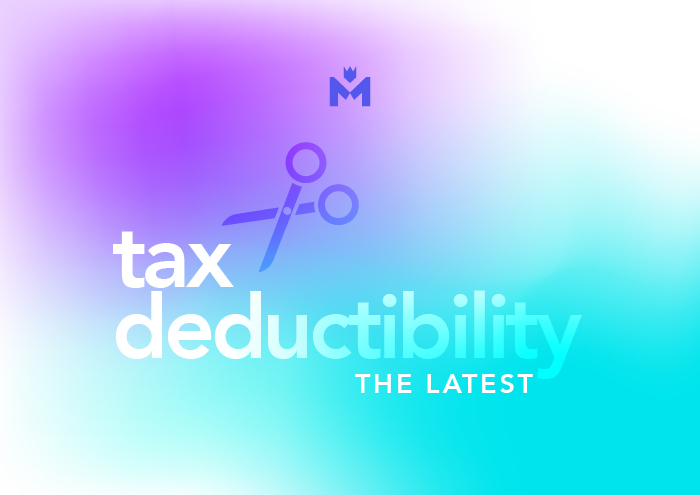Have you heard about the latest tax deductibility discussion form? Well, understandable if no one else has read it because it’s a 143 page document. We did the hard reading so you don’t have to. This is all speculation, and nothing is cemented yet, so bear with us!
What does the latest tax deductibility form say?
Interest deductibility is going to be applied to existing dwellings purchased before March 2021, with sliding scale from over a four year period against marginal or personal tax rate. This would go up 25% each year. The discussion document also talks about new builds being exempt from interest deductibility, then they detail what is a new build. This is both detailed and vague, so bear with us as we try and make this all make sense.
New builds have a five year bright line test, and existing dwellings have a 10 year bright line test. This means you pay capital gains tax on any profit you make on selling a home pre and post March 2021.
What is interest deductibility?
With the current legislation, you would claim interest and other deductible expenses from the property off the rental income. This would leave the residual income to be taxed. Let’s say you own an investment property, the loan on it is $500,000 at 3%p.a., the rental income you receive is $30,000 a year on this property, and the interest deductibility on it is $15,000. In the current approach, you can subtract the interest each year you receive from rental income and pay tax on whatever is left after your other expenses on this property – for example rates, insurance, and maintenance.
Using the same example, you can’t buy an existing home because now you have to pay tax on the full $30,000 less minor expenses. For people who are rich and famous, this might not seem like a lot (and we love this for you!). But most of the New Zealand property investment market are classified as ‘mums and dads’, who have bought homes, or helped buy homes for their kids.
EXAMPLE:
If you’re an investor (including a ‘mum and dad’ investor), and you have bought a 2-bedroom unit in South Auckland. It’s a great opportunity, and you can see how you can make this old, run-down unit a really great and liveable home. There’s some space in the back, so it means you can add an extra bedroom on the unit to make it a 3-bedroom home. You’re good to go, it’s all consented. Under what’s discussed in this document, the third bedroom can be claimed under interest deductibility as it’s under the ‘new build’ definition.
Interest deductibility and new builds.
If someone buys a new build and they hold it for less than five years, and then sell it, the new vendor who is buying it off this person may be able to carry over the timeline and rules for interest deductibility. While there is a heap of jargon throughout the document, it looks like there will be a decent crossover here. Across the board there is a five year brightline test for new builds.
As we have read and discussed on our podcast, new builds are exempt because the government wants to encourage people to build homes to meet the demand. More housing policy updates here.
What happens if you refinance a new build?
It looks like refinancing is fine and you won’t be penalised. The problem will be if you top up that debt, depending what it’s for. That top up portion may not be tax deductible and your interest may not be tax deductible for an investor. If you had $500,000 on a property you were able to claim interest on, and you topped up the mortgage by $150,000, that portion may not be tax deductible in the interest component.
You can switch lending from one bank to another with no issues, which means you can refinance at no detriment.
Are developers impacted by the interest deductibility?
As far as we’ve read, developers are exempt and are able to use interest to be tax deductible for their business. We know that most developers do carry debt.
But then the questions are asked: what is classed as a developer? Is it project size, is it project per year, is it trading or flipping houses, are there defining features? Well, hopefully over the next couple of months we get some clarity on this.
Interest deductibility on existing homes.
Renovation work to existing property where they might extend it and make an extra 2-3 bedrooms on it, or a separate dwelling on the back, might qualify for interest deductibility.
If it’s an existing home, over a period of time, you wouldn’t be able to claim the interest as tax deductible. This means you have to pay tax on any income you receive from the rentals.
Boarding houses.
These are exempt from interest deductibility. We reckon it’s time to make the kids and pets boarders.
Well, we hope this was a good enough summary to get your head around the insanity that is this 143 page document. There are a lot of loopholes, there are a few definitions, and mostly there’s a lot of discussion around the document as a whole. Stay tuned as we find out more.
This information is accurate as of July 2021, which means we are likely to update this article as we go. As usual, we recommend to reach out and get in touch with one of us, because there are a lot of movings and shakings happening in property lately!




